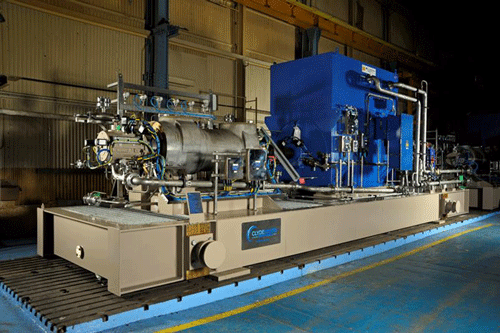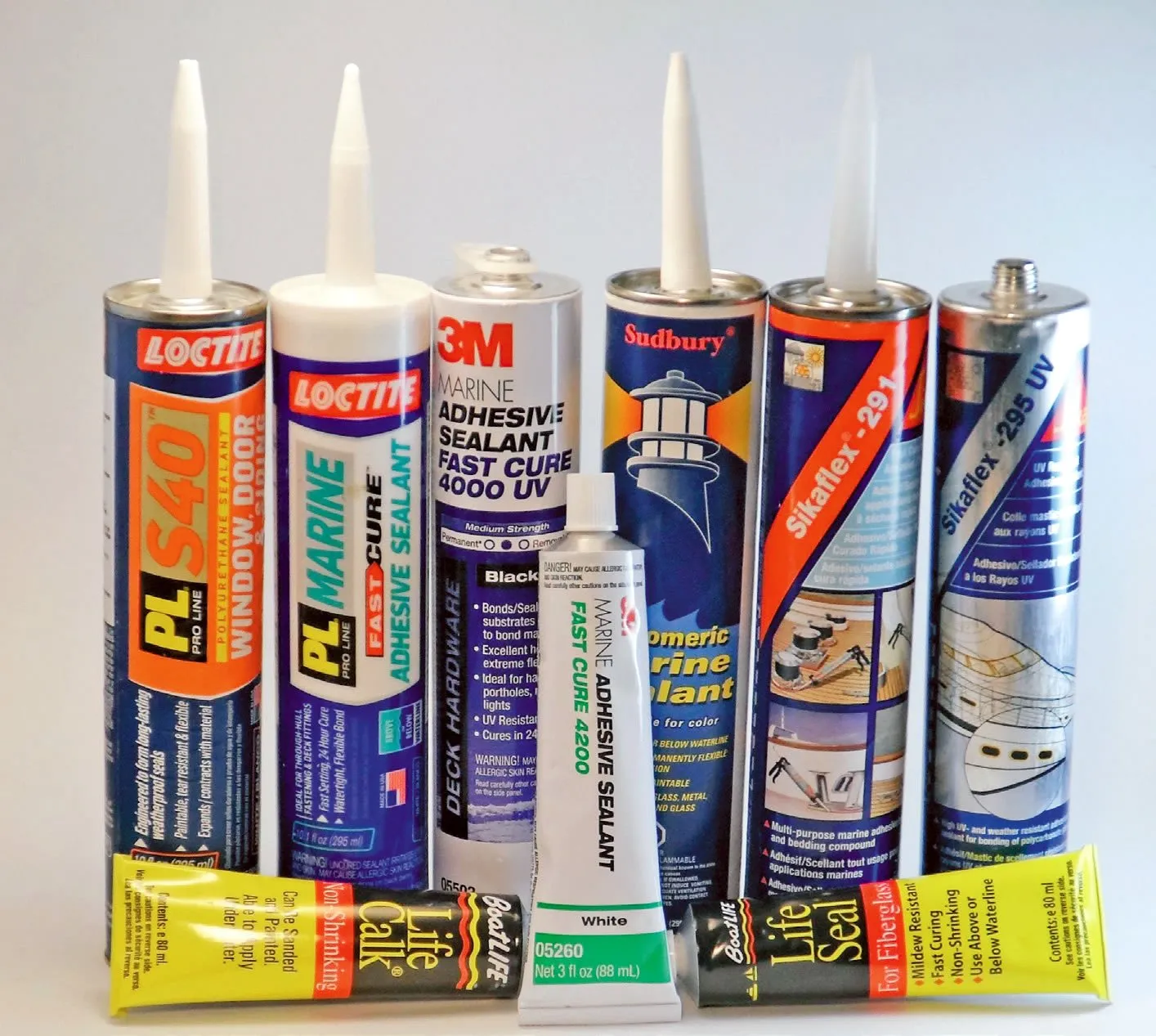Your earlier comment was... "We've been telling you facts based on real life experience and knowledge. It would be beneficial to listen your elders

"... which I wouldn't necessarily really call facts or knowledge. It's your opinion, just like you've expressed multiple times as well as I've expressed multiple times.
You mentioned in the previous thread that.... "Bronze is a much more durable metal. SS will corrode underwater." which you then followed up with your very next opinion of... "I honestly don't know how well the SS would fair (or not fair). It's probably not (well, definitely not) something I would personally take a chance on. SS is also not "officially" approved for below the waterline. It's pretty well known in the marine industry that it's a no-go for SS. I don't know the answer, but if the boat sank due to a failed fitting... would the insurance company deny coverage due to installation of an unapproved item?" So which is it? Will it corrode or do you not know? You've said both statements or opinions and then go on to say it's not something you'd personally take a chance on. So exactly what kind of experience do you have with stainless steel below the water line when you haven't used it before, nor will you? That would be like me saying that a Chevy is a bad car when I've never actually owned one or driven one before. Also, you've never really proven anything like about how "SS is also not 'officially' approved for below the waterline." but again that's also just a blanket statement or opinion and I've yet to see you provide any sort of evidence or facts proving that statement. Along with the opinion you also mentioned about it being "pretty well known in the marine industry that it's a no-go for SS." Which just because that's your opinion or what you've heard, or read on Google, doesn't mean that it's at all accurate. Just like you're trying to dismiss my claims for what I've read on Google. Everything you've opinionated so far has been exactly that, only your opinion, with no links, facts or any sort of evidence included. Lastly, they do use Stainless Steel in the majority of underwater pipelines such as natural gas and so forth, which cover thousands and thousands of miles underneath the ocean. But I'm sure that won't change your mind, even though you admittedly have no experience using stainless steel under the waterline and I'm sure you'll continue to think the way you do, even though listening to us young bucks could prove to be beneficial at times as well







